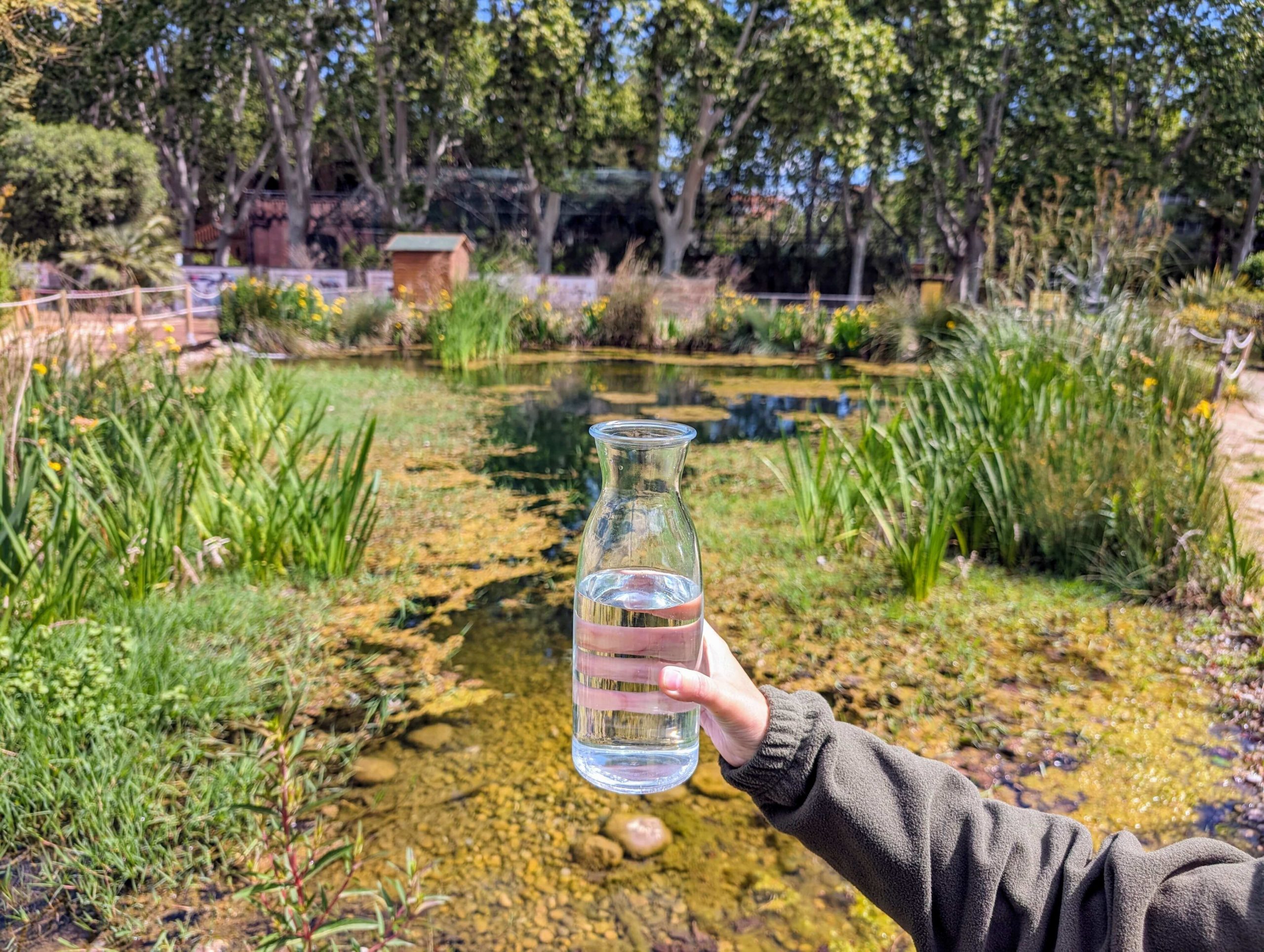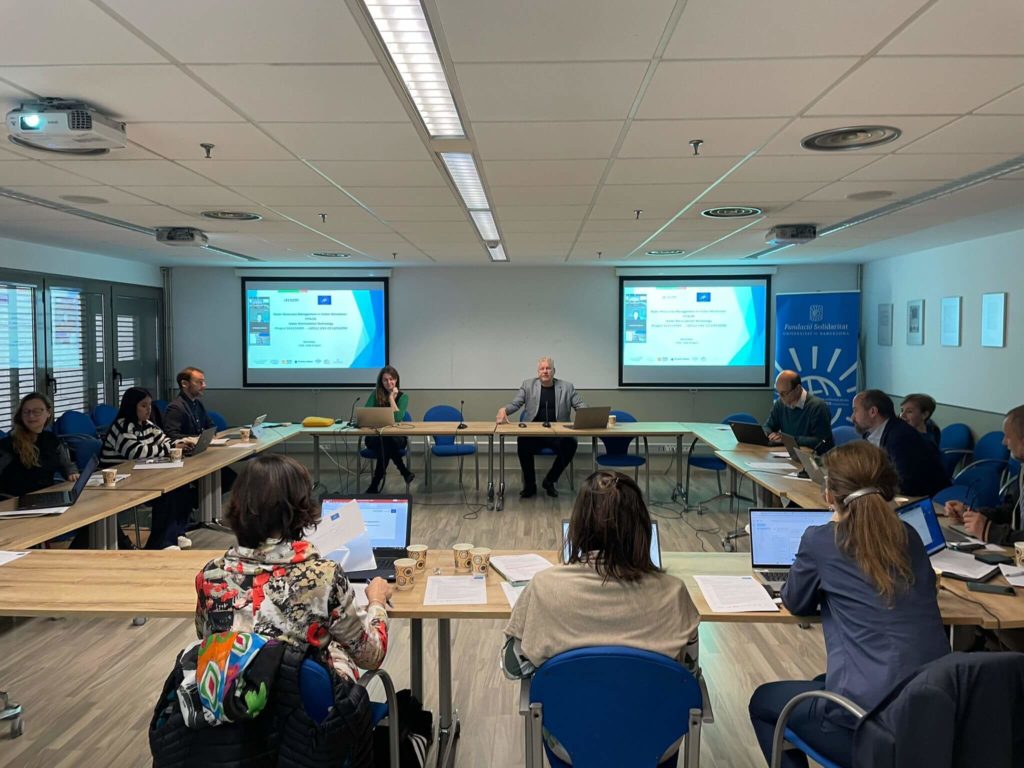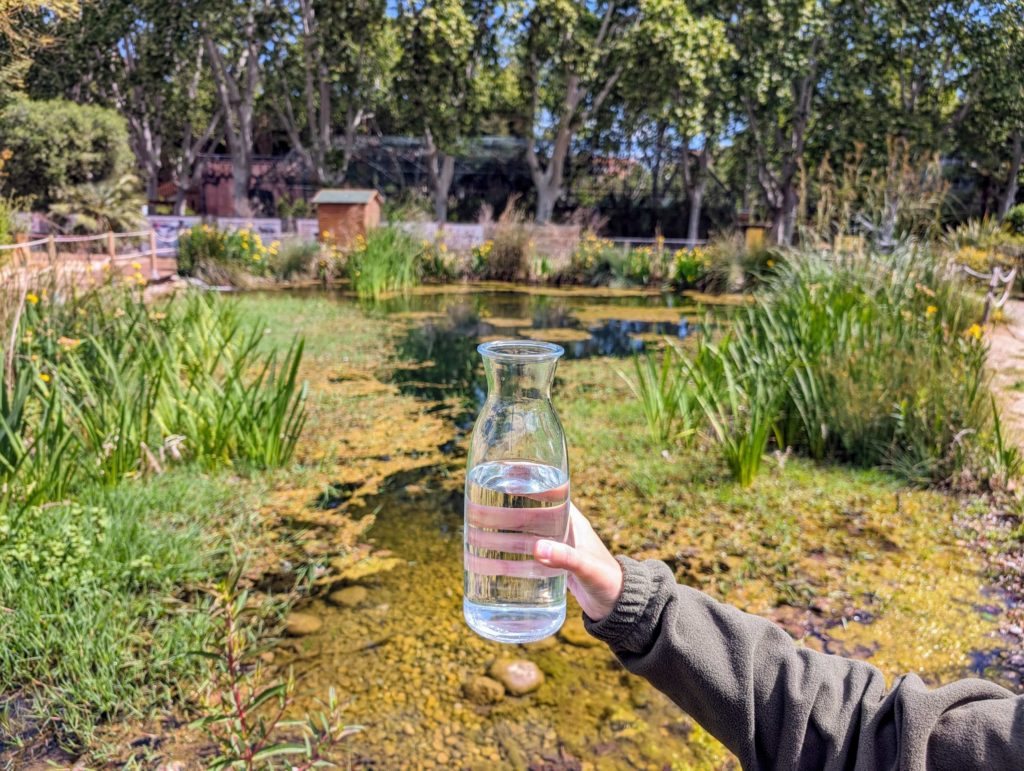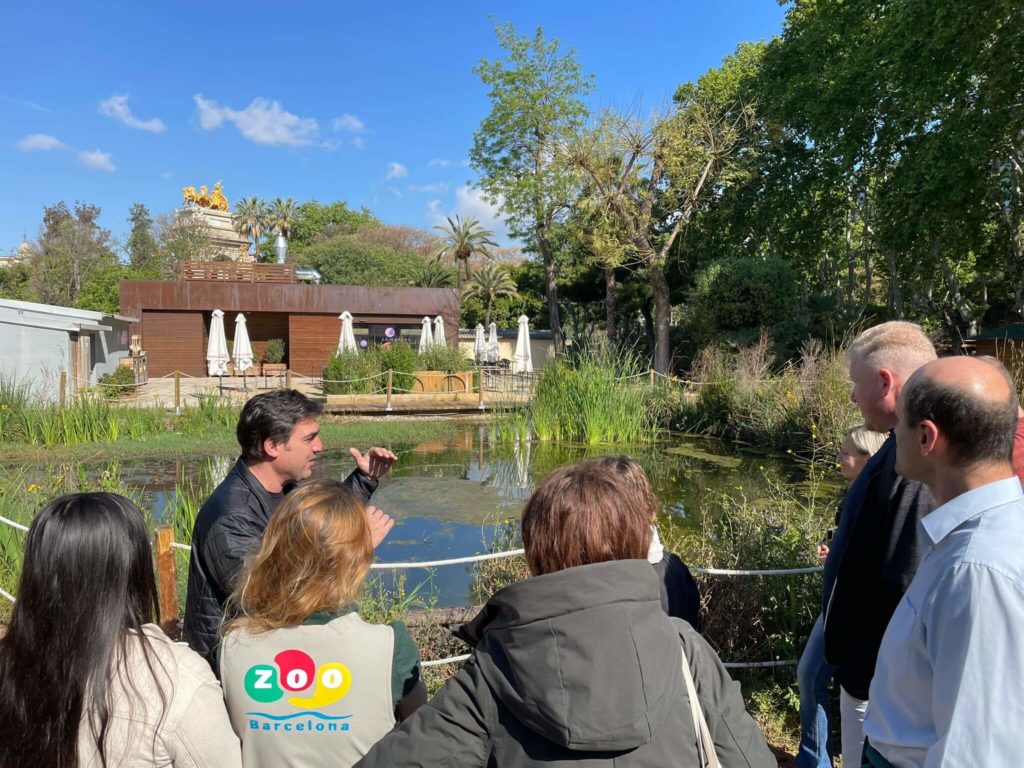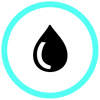The initiative will test a system of natural filters to reuse water left over from cleaning the Barcelona Zoo facilities.
The Solidarity Foundation of the University of Barcelona and the Barcelona Zoo are hosting, from April 25 to 26, 2024, a work meeting of the different institutions involved in the project “LIFE4Zoo – Water Resources Management in Visitor Attractions – FIT4USE Water Recirculation Technology“, financed by the European Union through the LIFE program.
The initiative, coordinated by the Technical University of Liberec (TUL) (Czech Republic), aims to find solutions for zoos to optimize the use of water, an essential resource in their day-to-day life.
Specifically, as part of the project, the Barcelona Zoo will test a new system to reuse the water left over from cleaning the park’s facilities. It is a plant equipped with natural filters through which plants and microorganisms remove nutrients and pollutants from the water. Once treated, this water will be used again within the Zoo itself to irrigate, clean or refill natural ponds, among other uses.
The pilot plant that will make this water regeneration possible will be located in front of the Doñana facility and will be completed in the summer of 2025. In addition, in order to raise public awareness of the role of wetlands, this facility will be open to the public and will have information panels.
The institutions involved in the project
In addition to the Barcelona Zoo, the UB Solidarity Foundation and the Technical University of Liberec (TUL), the other participants in the project are the University of Girona (UdG), through the research group Laboratory of Chemical and Environmental Engineering (LEQUIA); the Liberec Zoo (Czech Republic); and the Photon Water Technology group. Likewise, there is a group of external experts with the participation of the Valencia BIOPARC or the Cabárceno Nature Park, among others.
The UB Solidarity Foundation and water management
The UB Solidarity Foundation has extensive experience in WASH (Water, Sanitation and Hygiene) projects, which have promoted nature-based solutions for the sustainable management of water resources.
Currently, in addition to the LIFE4Zoo project, the Foundation participates in the SOLLAGUA project, co-financed by the Interreg Sudoe program, which promotes natural solutions for water reuse in three rural communities in Portugal, Spain and France.
On the other hand, in Senegal, together with the Gaston Berger University (UGB) of Saint-Louis and Món-3, the UB Solidarity Foundation is working on the implementation of low-cost, sustainable and environmentally friendly technologies for the sustainable management of wastewater and sanitation services in the Saint-Louis region; including the installation of an ecological wastewater treatment plant on the UGB campus.
Likewise, in Palestine, together with the Catalan Association for Peace (ACP), the UB Solidarity Foundation contributes to the training of women’s cooperatives in areas such as water management. Meanwhile, in Southeast Asia, it has developed training programs on water resources in six universities and contributed to integrating nature-based water treatment technologies in six cities. In fact, more than 10 years ago, with the National University of Vietnam, the UB Solidarity Foundation created an industrial wastewater treatment plant with ecological systems in Hạ Long Bay, which was the first infrastructure of its kind (Constructed Wetlands) in Southeast Asia.
This news is related to the following SDG of 2030 Agenda:





